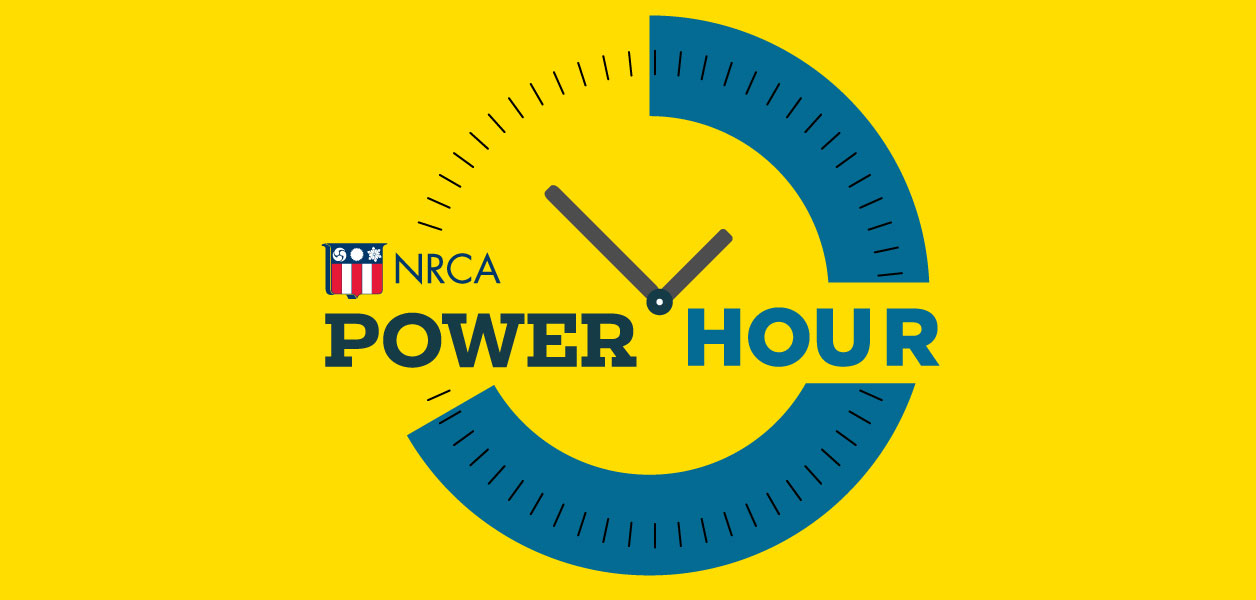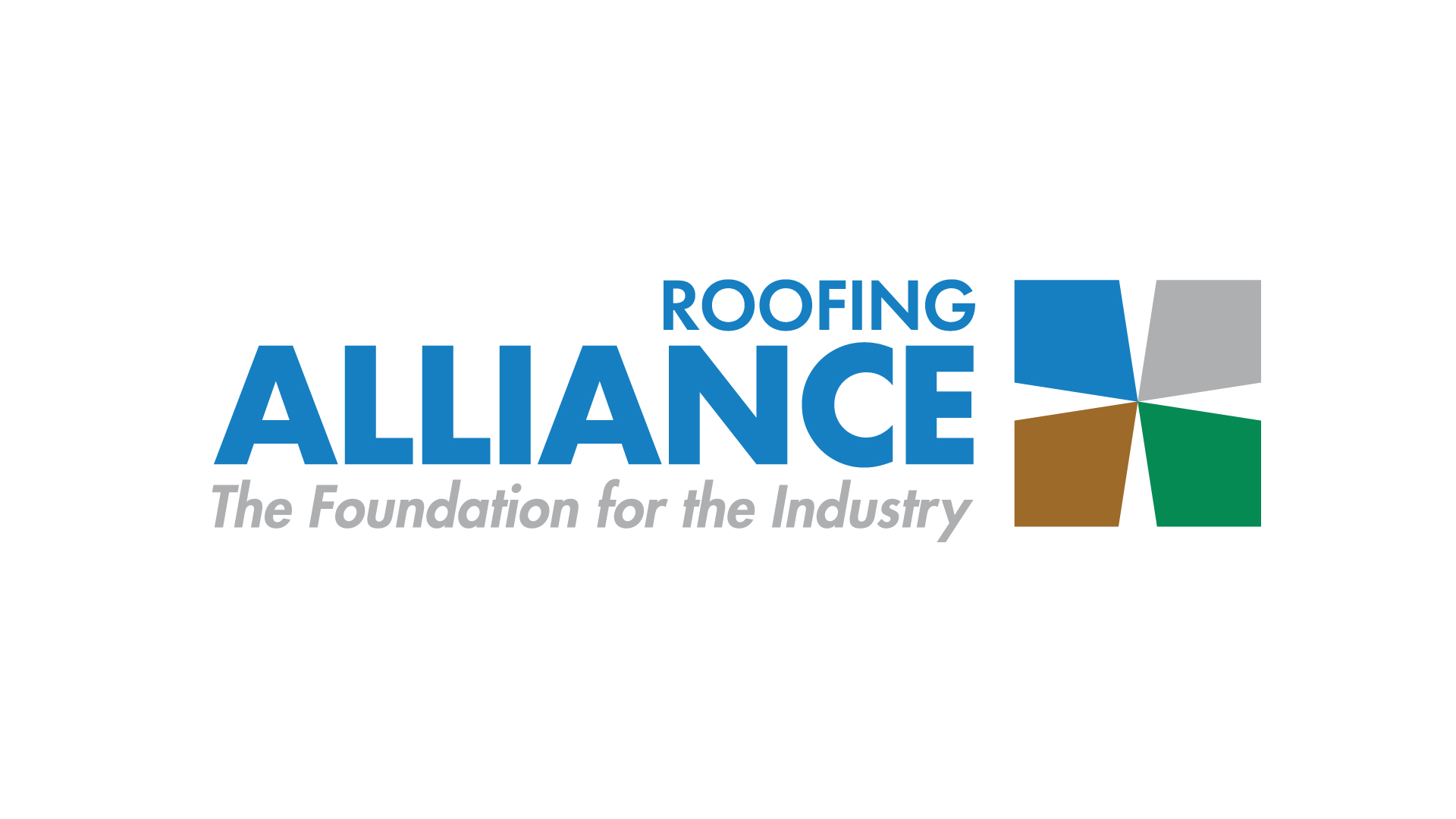Researchers believe building high-performing teams requires meeting three essential psychological needs: autonomy, competence and relatedness, or the desire to feel connected to others. However, COVID-19 has made cultivating relatedness in the workplace more difficult as employees have a lack of physical proximity, according to Harvard Business Review.
Still, new research suggests the highest-performing teams have found subtle ways to leverage social connections during the pandemic. Consulting firm ignite80 recently partnered with communication software company Front to survey 1,106 U.S.-based office workers and determine what high-performing teams do differently.
The study found the following five key differences, which highlight the crucial role of close connection among co-workers. High performing teams:
- Pick up the phone. Although telephone calls are becoming less common in the workplace, high-performing teams tend to communicate more frequently in general and are significantly more likely to communicate with co-workers using the telephone than their less successful peers. Telephone calls often tend to strengthen relationships and prevent misunderstanding.
- Are more strategic with meetings. Poorly run meetings contribute to employee dissatisfaction and cost organizations billions. High-performing teams use practices shown to foster more efficient, productive gatherings, such as requiring prework from participants; introducing an agenda; and beginning with a check-in regarding team members’ progress.
- Spend time bonding over non-work-related topics. Research suggests discussing non-work topics offers advantages because personal conversations identify shared interests, which cultivates deeper connections. The best teams are not more effective because they work all the time; they invest time connecting in genuine ways, creating closer friendships.
- Give and receive appreciation more frequently. Relatedness contributes to better performance at work largely because it makes people believe they are appreciated and respected by those whose opinions they value. Members of high-performing teams reported receiving more frequent appreciation at work from their co-workers and their managers. They also reported expressing appreciation to their co-workers more frequently.
- Are more authentic at work. Members of high-performing teams were significantly more likely to express positive emotions with their co-workers. They were more likely to compliment and joke with their teammates and use exclamation points, emojis and GIFs in emails. They also were more likely to express negative emotions at work rather than suppressing them, which can leave less mental firepower for doing work. To the extent team members experience the psychological safety to express their full range of emotions with co-workers, overall team performance tends to benefit.
Creating a high-performing workplace takes more than hiring the right people and providing them with the right tools; it requires creating opportunities for genuine relationships to develop.





